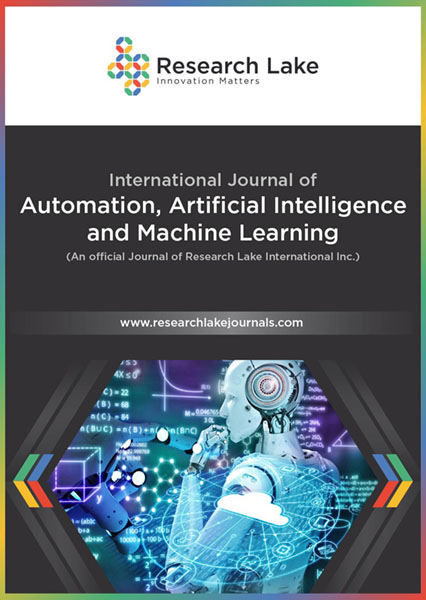Innovation Framework for Financial Excellence: Banks, FinTech and the Regulators
Abstract
Financial innovations like peer-to-peer payment and digital currency, mostly introduced by FinTech companies, are perceived as disruptions to Financial Institutions (FIs). For banks, transformation to digital banking helps initially but quickly intensifies the challenge to change with speed and scale given the diversity of such disruptions. Who are banks competing with? What will banking be competing on? Interesting questions like these, which were not even relevant a decade ago, are pushing banks to innovate about the products, services, branches, and operations, if not the very core model of banking. For example, applying pay cuts into the profit margin but emerging innovation of Blockchain raises the questions of whether banks should accept Bitcoin or re-invent the trade finance service.
Consumers do seem to benefit initially as competition encourages banks to lower the service fees and design new products in the quest of enhancing customer experience. Nevertheless, all come with a price, for instance digital frontier becomes a fertile ground for fraud and Regulators may jump in at calculated moment. This helps to level the competition or curtail intrusion into the space of customer privacy. Reluctantly, however, regulators, FinTech companies and banks now enter the impossible trinity, or what economists call the trilemma, which is the core issue our research focuses on.
This paper develops an empirical framework for banks to embrace disruptive innovation from FinTech start-ups and associated legal or regulatory changes and to create competitive advantage through strategic use of enterprise data that are originated in the bank or acquired by the bank. Lab works in multiple North American banks have been first anonymized to protect the interest of all engaged parties and then harmonized to mature the empirical models based on first-hand evidence in three directions: Customer Experience Enhancement, Digital Product Design and Fraud Management. Foundation of the framework, however, builds on research works in digital banking, social engineering, data science, decision modeling, fraud detection algorithms, digital currency, and regulations adaptive to societal transformations enabled by application of artificial intelligence and Internet of Things. Rather than locking in rigid industry trend, often heavily depend on hence limited by technology, the framework focuses on translating theory or strategy into product and actionable steps that have direct and measurable impact. Data is the key enabler. Data monetization is a good example. Results from Banking Labs work are the proof, and the value will be even more pronounced as expected results come by to validate and optimize the framework and its implementation.
Copyright (c) 2023 Ravi Kumar, Fareign Duyu, K. Geetanjali

This work is licensed under a Creative Commons Attribution-NonCommercial 4.0 International License.
Copyright © by the authors; licensee Research Lake International Inc., Canada. This article is an open access article distributed under the terms and conditions of the Creative Commons Attribution Non-Commercial License (CC BY-NC) (http://creative-commons.org/licenses/by-nc/4.0/).










